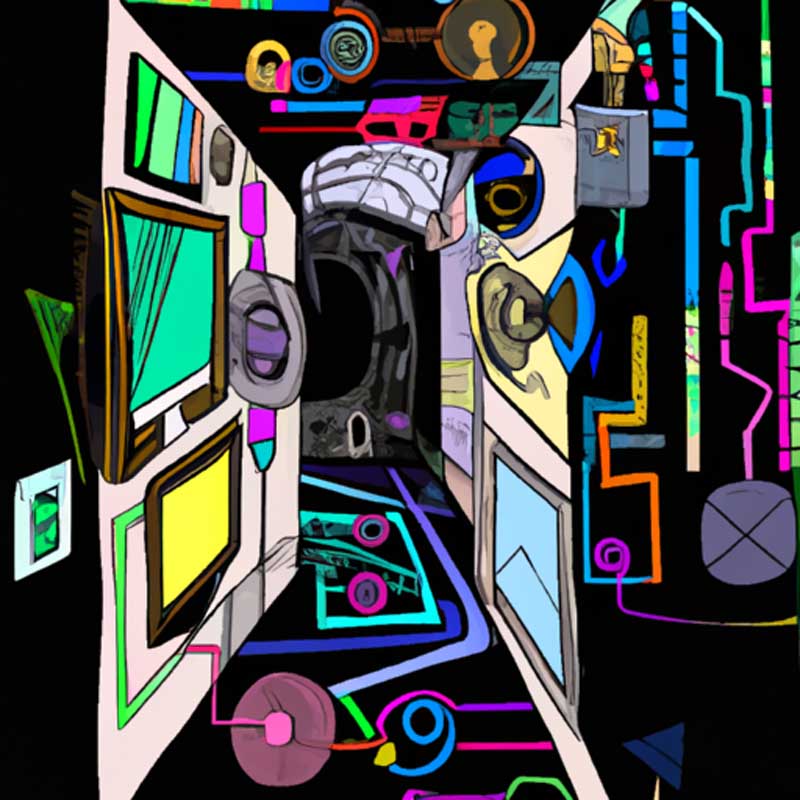TLDR:
- Record labels Universal, Sony, and Warner are suing two AI music generators, Suno and Udio, for allegedly ripping off their catalogs.
- The lawsuit raises questions about whether the AI tools are stealing music or creating something new.
Key Elements:
The music industry is taking legal action against artificial intelligence in the form of two AI music generators, Suno and Udio. These tools allow users to input descriptions, such as “70s pop,” and receive AI-generated songs based on their input. The issue at hand is whether these AI tools are merely regurgitating existing music or creating something entirely new.
The recording industry, led by the CEO of the Recording Industry Association of America, Mitch Glazier, claims that Suno and Udio are engaging in wholesale theft by using music made by others without permission or compensation. The lawsuit seeks to stop these AI services and holds the potential for significant financial penalties.
On the other hand, the AI companies argue that their tools are not simply copying existing music but are instead generating new content that may share thematic similarities with existing songs. This raises questions about the nature of creativity and inspiration in the digital age.
Richard Busch, a prominent copyright lawyer, acknowledges the complexity of the case and suggests that both the input (original music) and output (AI-generated songs) will be crucial factors in determining the outcome. He points out that human creativity often involves being influenced by existing works, raising the question of how AI-generated music fits into this framework.
While the music industry has a history of grappling with new technologies, such as streaming services like Spotify, this lawsuit signifies a new challenge presented by AI. Despite the contentious nature of the case, some experts believe that a resolution will likely be reached between the parties before the matter goes to trial.
